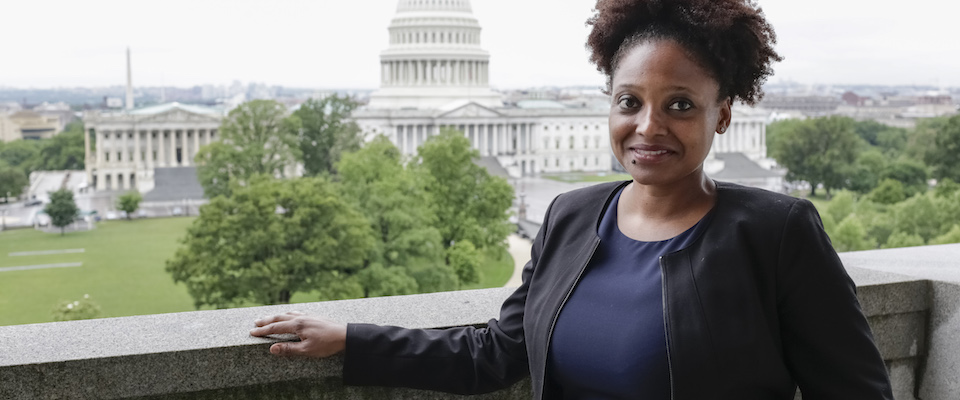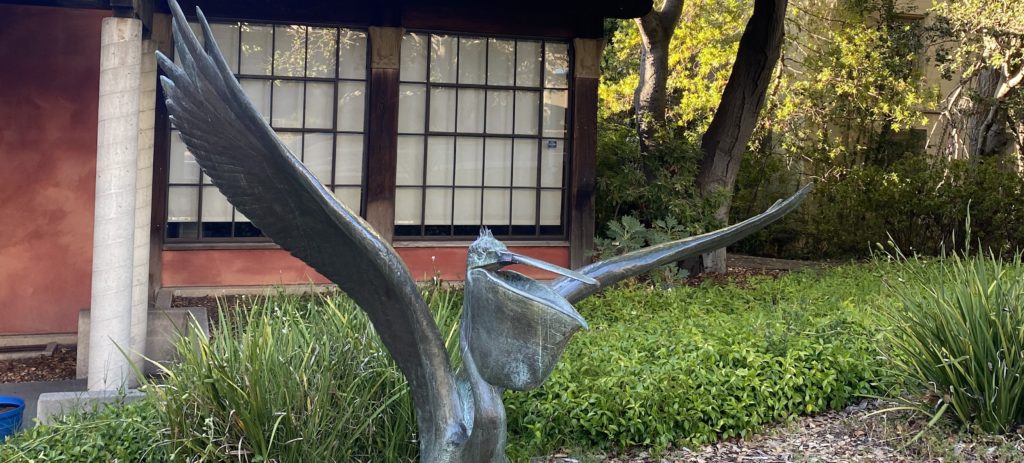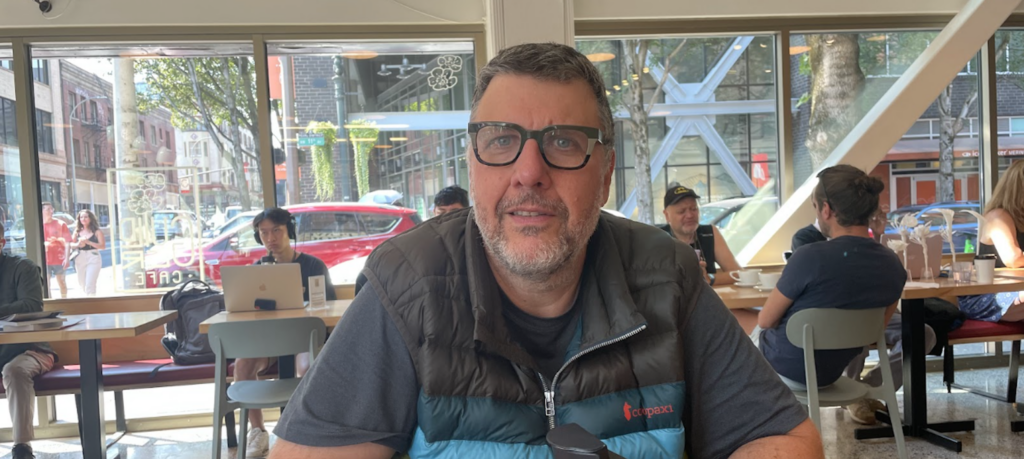In describing poet Tracy K. Smith’s work, Librarian of Congress Carla Hayden says: “Her work travels the world and takes on its voices; brings history and memory to life; calls on the power of literature as well as science, religion and pop culture. With directness and deftness, she contends with the heavens or plumbs our inner depths—all to better understand what makes us most human.” Hayden named Smith the 22nd U.S. poet laureate this Wednesday.
Smith, a participant in UC Berkeley’s afternoon poetry reading series Lunch Poems, which you can watch above, will be following in the footsteps of Cal professor Robert Hass—who runs the series and was also poet laureate from 1995 to 1997.

Cal grad and New York Times Magazine poetry editor Matthew Zapruder says he looks forward to seeing what she does in the position, and is “sure that whatever projects she chooses to take on, they will be in the service of poetry and free artistic expression, for which we will all be grateful.”
When asked if she’ll be a political laureate like Billy Collins—who openly opposed the Iraq war and elevated anti-war poets—Smith says she doesn’t see herself using the role of laureate as a “platform” for any political agenda.
Poet Tracy K. Smith says she doesn’t see herself using her role as laureate as a “platform” for any political agenda.
She called the laureate’s role “beautifully remote from any kind of political obligation” in a recent interview, and says that her attention will instead be on a resistance to “pre-fabricated language” related to advertising and “clickbait on the internet.”
“That resistance really resonates with me,” she says. “Let’s look at what language is doing, what it enables us to get away with, but also how it invites to explore what might be needed.'”
“Tracy is one of the finest poets of our generation,” Zapruder says. “Her work implicitly and explicitly reaffirms the values of an imagination that is idiosyncratic and free, which is something we desperately need in these times when it seems all language is subordinated to politics and commerce.”




















